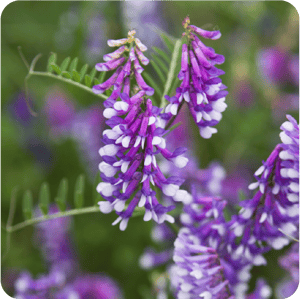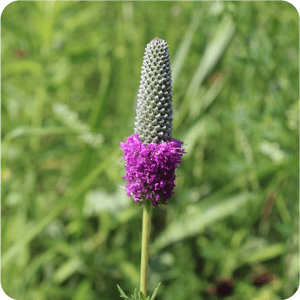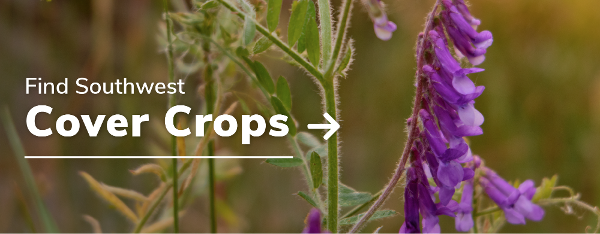Cover crops help protect and bring back valuable nutrients into your land and are often used as a rotation crop to improve land quality and durability. These crops protect your soil from the elements by controlling erosion, unwanted weeds, and overused land. At Curtis and Curtis Seed Company, we offer several types of cover crop seed, including oats, legumes, clovers, and more.
Which cover crop should you plant in the Southwest?
While we travel North America by plane to discover the best seeds out there, our seed company calls the Southwest home. When it comes to selecting the right seed for your land, there's no team more qualified than the one here at Curtis and Curtis. From expert consulting to our helpful seed finder tool, we’re here to help.
We know that selecting the right seed for your land can be difficult, depending on your region, watering availability, and the particular use of your land. That’s why we make it easy by offering superior customer service and a wide range of products to help you carry out any project. If you're looking for a robust cover crop to plant in the Southwest, take a look at our most popular cover crops.
Fixation Clover

White Dutch Clover is used as a pasture legume and is used to stabilize disturbed, eroding soil. A nitrogen producer, this clover grows well in mixtures with other grasses, including Orchardgrass, Ryegrass, or Tall Fescue. Plant in late summer for warm and southern climates.
Hairy Vetch

Our Hairy Vetch is a winter-active legume that is a great cover crop for improving soils before crop planting in the spring and summer. The stems and leaves of Hairy Vetch are covered with a soft woolly fuzz, while the flowers bloom into a beautiful purple. This hardy plant is suited for wetter soils and colder winters throughout most of the U.S. and is often used for soil improvement along roadsides and bank stabilization.
Purple Prairie Clover

This native, warm-season, perennial legume has a variety of uses, from medicinal purposes to forage for wildlife. Its ability to fixate nitrogen into the soil makes it a great addition to mixtures for land restoration. This drought-tolerant crop should be planted in well-drained soils and is adapted to clay, loam, or sandy soil types.

Benefits of planting high quality seeds
We pride ourselves in providing our customers with the highest quality of seed. Improve your soil's quality and fertility to prepare for future crops with the help of our team. Our cover crops are trusted by farmers, ranchers, and various government services and bureaus to take on any land restoration and beautification project.
If you reap what you sow, why not sow the best with Curtis and Curtis? Here’s why we suggest our certified, high quality seeds to our customers:
- You’ll save money over time by increasing yields and providing a greater return
- Quality seeds are more resistant to disease and distress
- Quality seeds produce strong and uniform crops faster
- Plant with peace of mind knowing our products have passed our rigorous inspection, gone through multiple lab testing processes, and exceed industry standards and regulations
Turn to the cultivation experts to find the right cover crop seed blend for your land! We apply our decades of industry experience to guide you in making the right investment for your home and land. Ready to find out why we're the trusted choice of thousands of hardworking and experienced homeowners, farmers, and government officials around the country? Give us a call or fill out our contact form today! 

